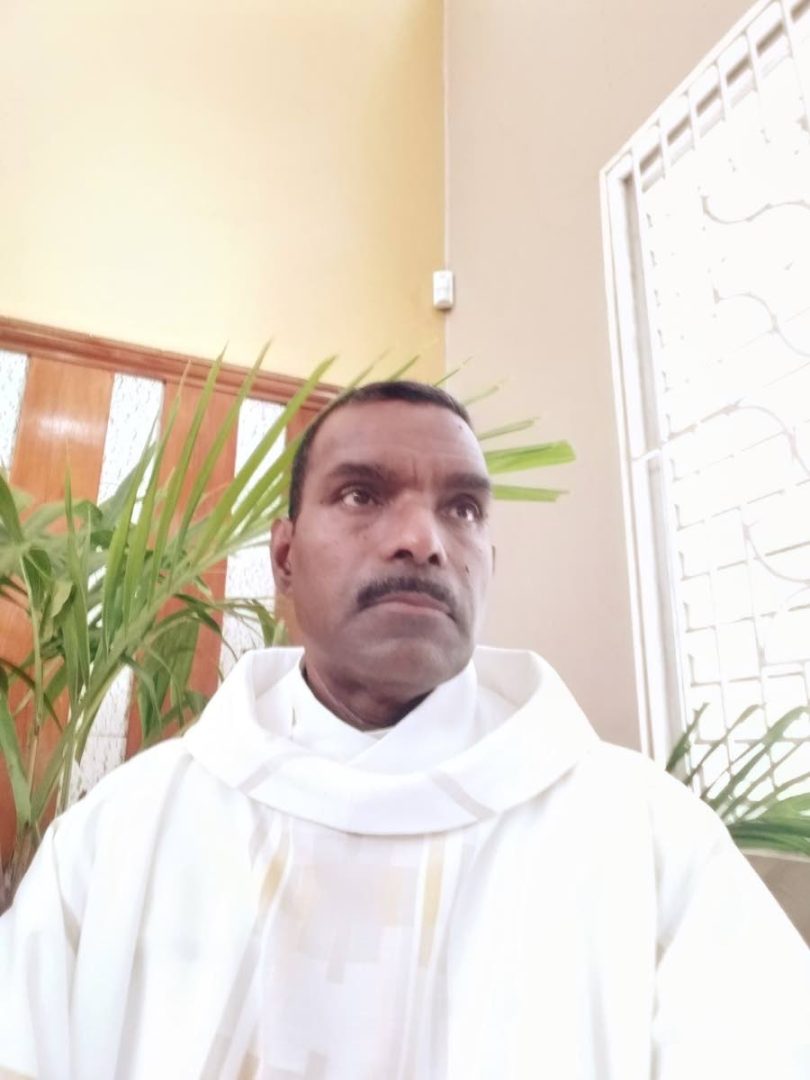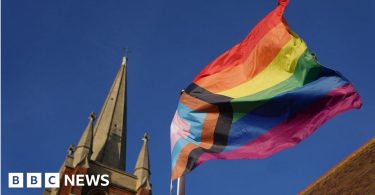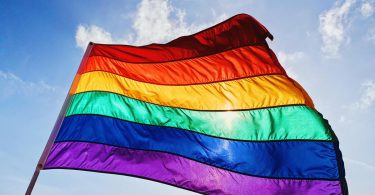MY RECENT column on the ‘Politics of Abortion’ had led some readers to ask if there are also politics around LGBTQI+ concerns. Some questions were framed in the context of a negative view on Christians taking any positive approach to lesbians, gays, bisexuals, transgender, and so on.
Many in our churches, school, and communities have not really got a chance to positively engage meaningful conversations on such matters. And this for no fault of theirs. Politicians do not engage the subject, because this would lack political correctness. Pastors slam down the subject, because to engage a conversation outside of condemnation with fire and brimstone would bring much shock and dismay to congregants who have always been fed the narrative of hellfire and God’s wrath upon people who love differently and really would not be true to themselves if they followed what obtains in the main.
The human sexuality subject is an elephant in the room that many will prefer not to acknowledge, though right there for all to see. Parents are, however, busy trying to get their children to find a way to study, work, and live in overseas contexts where they will get a culture shock to realise it is no longer acceptable to bully a neighbour, colleague, or coworker in the old practice of demeaning people of different gender and sexual identities.
The Global Interfaith Network (GIN) has a Hearts set on Pilgrimage Curriculum (HSoP), which would do us well on the local religious scene here in Jamaica and the wider Caribbean. They note, “The Hearts Set on Pilgrimage Curriculum is designed to take Christian LGBTIQ people of faith through a process of integrating their spirituality and sexuality, finding solid ground to stand on in their faith tradition, and explore what it means to be in dialogue with religious leaders.”
The approach is to encourage conversation. No one is helped when society is closed to conversations. While this is particularly true of LGBTIQ people of faith, the whole community loses when loved ones must live under the burden of exclusion, rejection, and condemnation. At this Lenten time when many are doing various studies and feeling very holy, we do well to beware of how we often hide behind such statements as, “Love the sinner, hate the sin.” “It is because we love why we condemn them”. “God wants me to warn them.” “Our church does not have them.” “No true church would have them as members.”
Young people are especially waking up to the hypocrisy that prevails in plenty of the vociferous anti-LGBTQ preaching. Some are trying to reconcile the preacher who raped a child while holding a strong anti-human rights stance since the Bible is his guide, and so on.
Would Caribbean people of faith be open to sharing the GIN objectives of HSoP Curriculum regarding: “To prepare and equip LGBTI people of faith to participate in dialogue with religious leaders. And to build the internal capabilities of LGBTI people of faith to claim their faith with confidence and resilience, as part of the community of believers.”
Would we be ready to share the vision of Hearts Set on Pilgrimage? Just pause and reflect on the vision which states, “Building communities of faith that are diverse and where the fullness of common humanity is celebrated. Faith communities that are welcoming and inclusive, safe spaces that demonstrate respect of human dignity. LGBTI people of faith around the world who confidently claim their power and space to participate in the community of faith.”
Many of our Caribbean people have migrated to such spaces. Many are discovering that people are people regardless of their sexual orientation and gender identity. Many are learning that they do not have to “accept” other people’s understanding of themselves to respect them as fellow human beings deserving of dignity and protection like all other human beings.
In describing the significant work of GIN, Dr Nontando Hadebe (Side by Side Gender Justice) quotes a proverb: “When spider webs unite, they can tie down a lion.” He then observes, “This African proverb speaks to the power of unity among those who share a common vision. Each one on their own can spin a web through their efforts, but there is much more strength and power in unity. The Global Interfaith Network is a justice seeking community of all persons of different sexualities in a common struggle for the dignity and equality of all persons irrespective of their sexualities.
Issues of sexuality are highly contested and contentious in society and particularly among faith groups. The resistance to dignity and equality of people of different sexualities is no longer at the level of opinion or faith statement, but has been taken to international, continental and country levels. Thus the struggle of equality and dignity of all persons that is at the heart of all faiths is being taken up by GIN in pursuit of justice that is inclusive of diversity and all persons. The work of GIN is ultimately to give expression to the highest ideals both all faiths and human rights for all and to create a better world where all are free to be who they are without discrimination or violence.”
Are our religious groups ready? Is Jamaica ready to affirm the dignity of all human beings? Remember to discuss this in your community of faith. Have a blessed week.
Fr Sean Major-Campbell is an Anglican priest and advocate for human dignity and human rights. Send feedback to [email protected] or [email protected]






